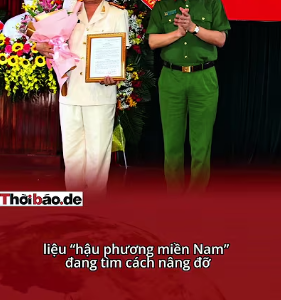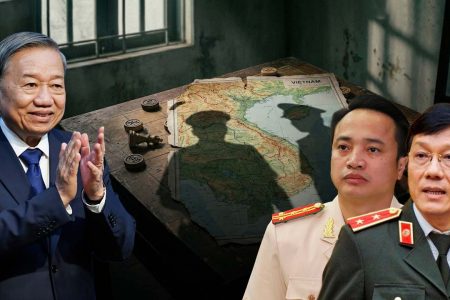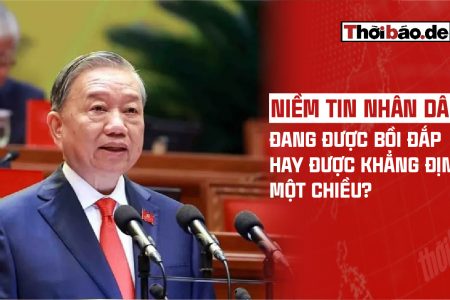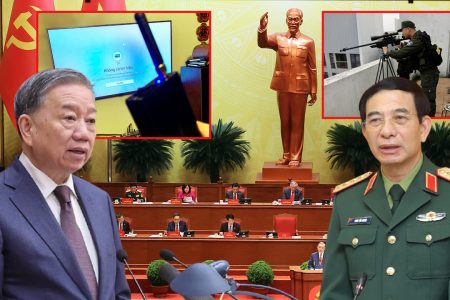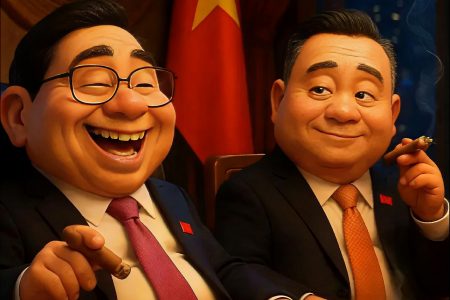
The warmth of Vietnam – Russia relations
Vietnam and Russia are looking to strengthen ties in many ways. In 2020, Vietnam and the Russian Federation celebrate 70 years of establishing diplomatic relations, in 2021, 20 years of establishing the strategic partnership between Vietnam and Russia, and in 2022 the two countries will celebrate 10 years of establishing a comprehensive strategic partnership.
Strong growth in trade relations
Economic and trade relations between Vietnam and Russia have developed quite strongly, despite the COVID-19 pandemic. Bilateral trade turnover between the two countries in 2020 reached $ 5.7 billion, up 15.2% compared to 2019. In which, exports from Russia to Vietnam reached $ 1.6 billion, up 42.9 %; Russia’s goods import from Vietnam increased to approximately $4 billion, up 6.9%. In 2021, trade between Vietnam and Russia will continue to grow well. Import and export turnover between the two countries in the first 7 months of the year reached nearly $3.6 billion, up 23.9% over the same period in 2020. Of which, Russia’s export reached $924 million, up 13.3% while Vietnam’s exports surged 28.1%. It is expected that this year, bilateral trade between Vietnam and Russia will reach about $6.5 billion.
Major Russian oil and gas companies such as Rosneft, Zarubezhneft, and Gazprom all have projects operating off the coast of Vietnam. The Vietsovpetro joint venture alone accounts for about one-third of Vietnam’s oil and gas production.
Defense relations are the foundation
Over the past 20 years, the Kremlin has been gradually increasing its influence in Vietnam, although it is far behind the former Vietnam-Soviet relations. During the Cold War period, the Soviet navy actively used Cam Ranh military base – an important base in the South China Sea (Vietnam calls it the East Sea), since 1979. This base was once built and used by the United States used in the Vietnam War. In 1984, Vietnam and the Soviet Union signed an agreement on the construction of military garrison infrastructure on the bay. Under the agreement, the facilities built would be operated by the Soviet Navy until 2004. But by 2002 – less than three years after Vladimir Putin came to power – the Russian fleet had left Cam Ranh, moving hand overall facilities to the Vietnamese side.
Russia is currently one of the largest arms suppliers to Southeast Asia, of which Vietnam is a major customer of Russian weapons. Although it is estimated that throughout the 1980s, Moscow provided Vietnam with an average of one billion dollars in military aid annually and one billion dollars in economic assistance annually, after the collapse of the Soviet Union, Kremlin has lost significant influence in the country. Now, Russia is looking to regain its lost position.
Vietnam also finds in Russia certain benefits. Oil and gas contracts with Russia are a way to balance great power relations in the volatile South China Sea region. At the same time, Russia is also an important supplier of weapons to Vietnam in the context of China becoming increasingly aggressive and threatening Vietnam in the East Sea. To counter China’s power, Vietnam mainly needs Russian arms and energy investments in the South China Sea. In addition to arms, Russia’s state-owned or quasi-state energy companies operate overseas subsidiaries in areas where China claims the „nine-dash line.“
Defense cooperation appears to be a key pillar of Russia’s efforts to strengthen military ties with Hanoi and ensure Moscow has a significant influence in Southeast Asia.
President Vladimir Putin met with most of his ASEAN counterparts at the fourth ASEAN-Russia Summit on October 28. At the end of the meeting, the two sides agreed to a Comprehensive Plan of Action along with other initiatives to „strengthen partnership and cooperation in many fields, including political-security cooperation, economic, cultural cooperation, and development.” President Putin’s participation shows that Russia places a relatively high priority on expanding Moscow’s footprint in the region.
With a traditional relationship dating back to the Soviet era, Vietnam is considered an important bridge between Russia and the markets of many of these Southeast Asian countries.
Can Vietnam use Russia to counterbalance China?
Although not a formal alliance, Vietnam hopes its relationship with Russia will help Vietnam gain international support as Hanoi seeks to deal with Chinese aggression but only some indications that this relationship is valid. Vietnam’s anti-access/area-denial (A2AD) capability thanks to Russia partly mitigated the serious military imbalance between Hanoi and Beijing by creating an asymmetrical maritime blockade strategy for a potential conflict at sea. The Vietnamese side still thinks that, in the East Sea, although China can still put pressure on Russian energy companies, these Russian companies will be able to „resist“ the threat of Beijing better than companies of other countries without enough political backing. The fact that Russia is operating in the South China Sea will make China think carefully before taking too aggressive moves.
However, this hope of Hanoi clearly faces some hurdles because Moscow is more interested in a ‘relationship with Beijing against the US rather than ‘Beijing influence in Southeast Asia.’ No scenario predicts that Russia will sacrifice its deepening cooperation with China for Hanoi or Naypyidaw.
In particular, Russia openly maintains a carefully calculated neutral stance on the South China Sea disputes in line with China’s wishes, even though Russia is also implementing energy projects in the waters. According to Grigory Lokshin, an expert on Vietnam at the Institute of Far Eastern Studies of the Russian Academy of Sciences: “Russia’s policy in Southeast Asia in general, including Vietnam, is part of the global wonderful game that, as a partner, cannot stand against China and often alludes to China and is sometimes quite openly supportive on some issues. However, since Russia-China cooperation is still far from forming a military alliance, Russia-China and Russia-Vietnam relations at this stage are still purely the bilateral business of these countries.”
Therefore, Vietnam’s „swing“ game when it wants to use Russia as a counterweight to China in the East Sea is difficult to play, because, with Russia’s increasing proximity to China, it means that Moscow’s help to Hanoi is minimal because, in the end, Russia will not let its relations with Beijing be damaged.
Thoibao.de (Translated)
Source: https://www.rfa.org/vietnamese/news/blog/can-vn-rely-on-russia-in-scs-11182021113539.html





